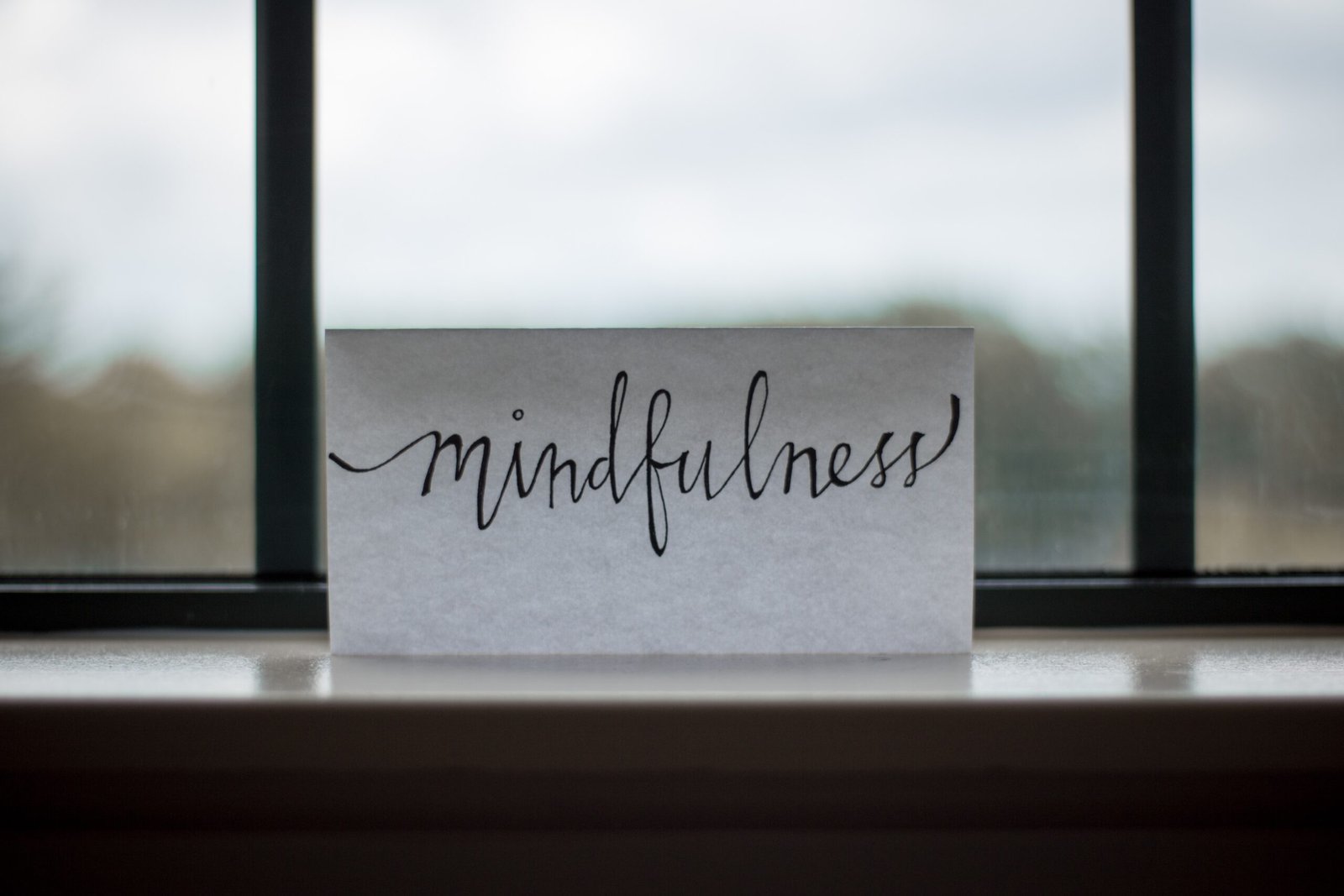Understanding oneself is a complex and lifelong journey. It is a quest that many individuals embark on, yet often find challenging and elusive. The process of self-discovery involves exploring our thoughts, emotions, beliefs, values, and behaviors. While it may seem like a simple task, there are several reasons why it can be difficult to truly know ourselves.
The Complexity of Human Nature
Human beings are intricate creatures with multiple layers of complexity. Our thoughts, emotions, and behaviors are influenced by a myriad of factors, including our upbringing, culture, experiences, and genetics. As a result, understanding the depths of our own psyche requires deep introspection and self-reflection.
Moreover, our perceptions of ourselves can be clouded by biases, self-deception, and societal expectations. We may have a distorted view of who we are due to the influence of external factors or our own subconscious desires. Unraveling these layers and uncovering our authentic selves can be a challenging process.
Fear of Self-Examination
Self-examination requires us to confront our fears, insecurities, and vulnerabilities. It involves delving into the parts of ourselves that we may not be proud of or may have suppressed. This can be an uncomfortable and intimidating process, leading many individuals to avoid self-reflection altogether.
Additionally, the fear of discovering aspects of ourselves that we do not like or understand can be a significant barrier to self-knowledge. It is easier to maintain a superficial understanding of ourselves rather than facing the discomfort that comes with self-exploration.
External Influences
Our sense of self is not formed in isolation. We are constantly influenced by the people around us, societal norms, and cultural expectations. These external influences can shape our identity and make it challenging to separate our true selves from the expectations and pressures of others.
For example, societal ideals of success, beauty, and happiness can create a distorted image of who we should be. We may strive to meet these standards, even if they do not align with our authentic selves. Breaking free from these external influences requires deep self-reflection and the courage to embrace our individuality.
Changing and Evolving Nature
As human beings, we are not static entities. We grow, change, and evolve throughout our lives. Our beliefs, values, and priorities can shift over time, making it difficult to keep up with our ever-changing selves.
What may have been true about us in the past may no longer hold true in the present. This constant evolution makes it challenging to have a fixed understanding of ourselves. It requires ongoing self-reflection and adaptability to stay connected with our true selves as we navigate through life’s transitions.
Seeking External Validation
Many individuals rely on external validation to define their sense of self-worth. We often look to others for approval, acceptance, and affirmation. This reliance on external validation can cloud our understanding of who we truly are.
When we base our self-worth on the opinions and judgments of others, we lose touch with our authentic selves. It becomes challenging to distinguish between our own desires and the expectations imposed upon us by society. Breaking free from this cycle requires developing a strong sense of self-awareness and self-acceptance.
The Journey of Self-Discovery
While it may be difficult to know ourselves completely, the journey of self-discovery is a worthwhile pursuit. It allows us to develop a deeper understanding of our strengths, weaknesses, passions, and values. Through self-reflection, we can gain clarity about our goals, aspirations, and the kind of life we want to lead.
Engaging in practices such as journaling, meditation, therapy, or engaging in meaningful conversations with trusted individuals can aid in the process of self-discovery. It is through these practices that we can begin to peel back the layers, confront our fears, and embrace our true selves.
Ultimately, knowing ourselves is an ongoing and ever-evolving process. It requires patience, self-compassion, and a willingness to confront the uncomfortable aspects of our being. Embracing this journey can lead to a deeper sense of self-awareness, personal growth, and a more fulfilling life.



